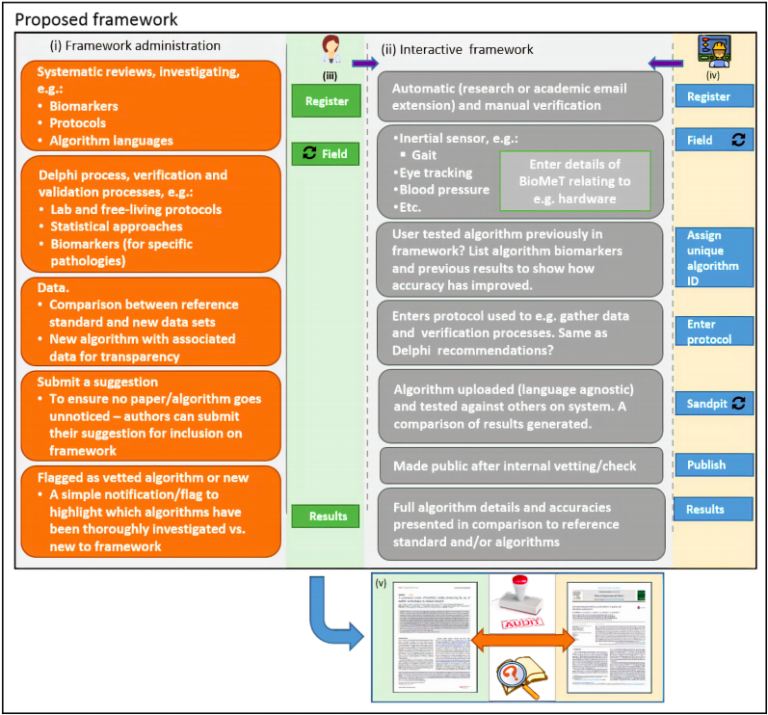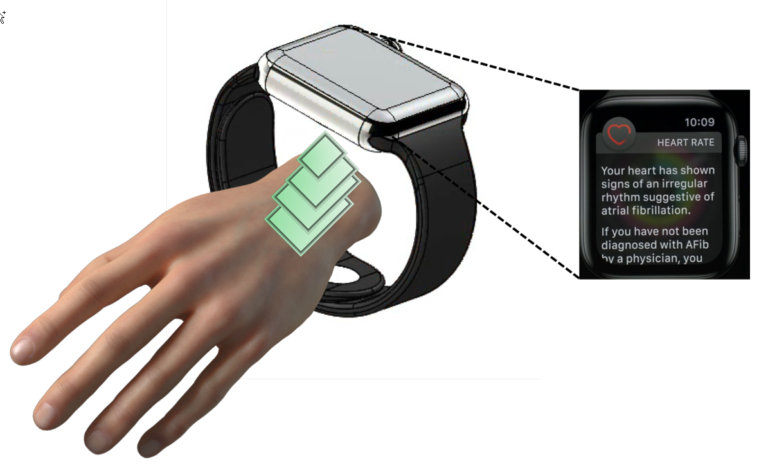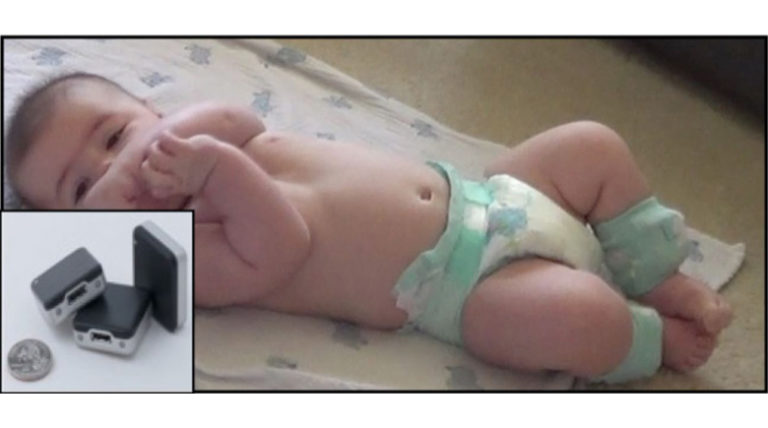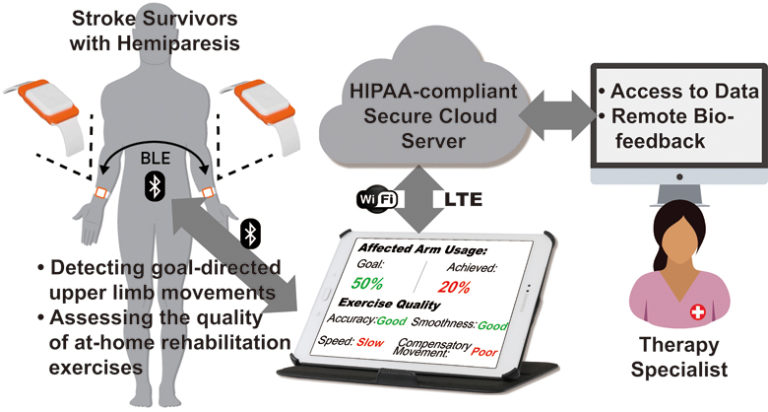Wearable sensor-based devices are increasingly applied in free-living and clinical settings to collect fine-grained, objective data about activity and sleep behavior. The manufacturers of these devices provide proprietary software that…
read moreObjective: Controlling the spread of the COVID-19 pandemic largely depends on scaling up the testing infrastructure for identifying infected individuals. Consumer-grade wearables may present a solution to detect the presence…
read moreTechnology is advancing at an extraordinary rate. Continuous flows of novel data are being generated with the potential to revolutionize how we better identify, treat, manage, and prevent disease across…
read moreWearable wrist-monitors offer an unobtrusive way to acquire heart rate data in an efficient manner. Previous work in this field has focused on studying healthy subjects during exercise but has…
read moreAbstract This paper examines how features extracted from full-day data recorded by wearable sensors are able to differentiate between infants with typical development and those with or at risk…
read moreAbstract High-dosage motor practice can significantly contribute to achieving functional recovery after a stroke. Performing rehabilitation exercises at home and using, or attempting to use, the stroke-affected upper limb…
read more



